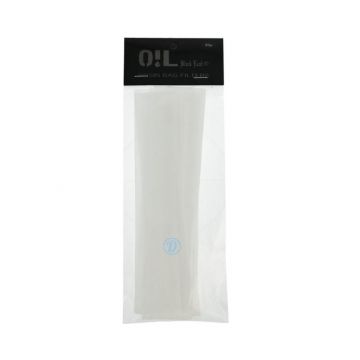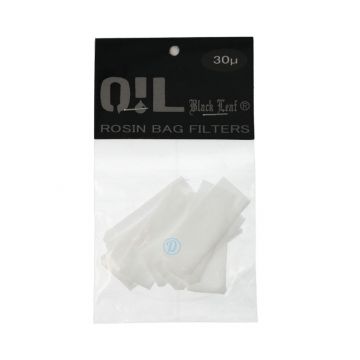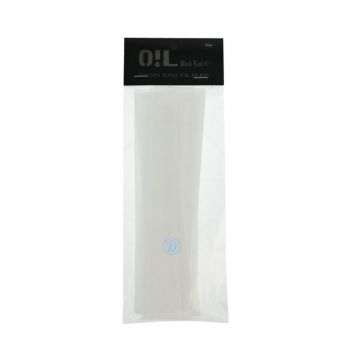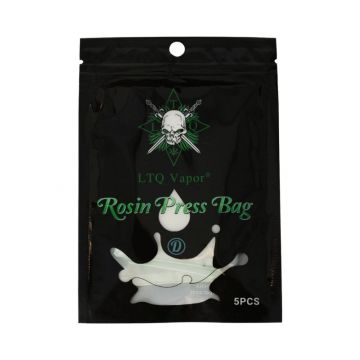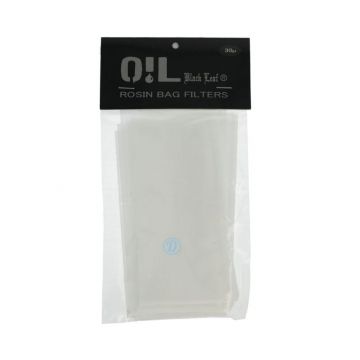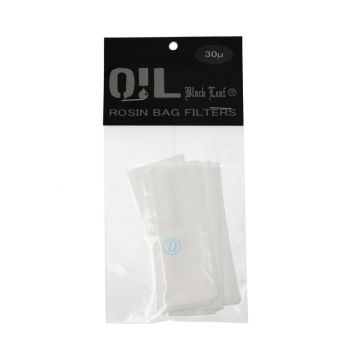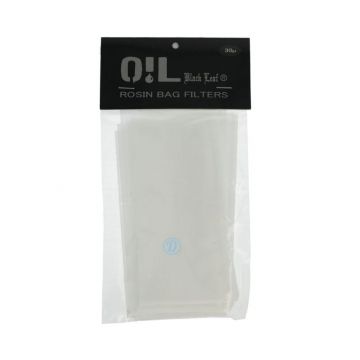Rosin press filters
Welcome to the exciting world of rosin pressing! 🌍✨ And what is the secret power behind that perfect drop of pure, potent rosin? 🌟💧 The answer lies in the magic of rosin press filters. ✨🔍 These small but crucial pieces of equipment are the heroes working behind the scenes to produce the most incredible cannabis concentrates. 🦸♂️🍯 Let's zoom in on these little wonders together and discover how they elevate the art of rosin pressing to new heights. 🔎🚀 Keep reading and explore the hidden world of rosin press filters! 📚🌈
Engaging blogs about Rosin press filters

Fijne service en snel
Really a top tier site everything seems a bit fake but they have the best prices and a really fast delivery with trackingorder. Goated website big probs
What Are Rosin Press Filters?
Rosin pressing is a popular method for extracting cannabis concentrates without the use of solvents. In this process, heat and pressure are applied to cannabis to produce rosin, a powerful and pure concentrate. A crucial part of this process is the rosin press filters, which are essential for obtaining a high-quality end product.
What are rosin press filters?
Rosin press filters are small bags made of various materials, often nylon or other fine-mesh fabrics, that assist in separating the desired cannabis oil from unwanted plant residues. These filters come in various micron sizes, with a lower micron value indicating finer filtration.
Why are they important?
The use of rosin press filters is crucial for several reasons:
- Purity: They help filter out impurities and plant residues from the cannabis oil, resulting in a purer and more potent product.
- Consistency: Filters ensure consistent quality of the end product by providing uniform extraction.
- Yield: They can enhance the extraction yield by increasing the efficiency of the pressing process.
Choosing the Right Rosin Press Filter
Micron Size The micron size of a rosin press filter is a key factor in selecting the right filter. A lower micron value (e.g., 25-45 microns) is ideal for pressing finer materials like kief or dry ice hash, while a higher micron value (e.g., 90-115 microns) is better suited for flowers.
Material Most rosin press filters are made of nylon, which is resistant to the high temperatures and pressures used in rosin pressing. Nylon filters are durable and can be reused multiple times.
Applications and Techniques
For Large Quantities When pressing large quantities of flowers, it's advisable to use rosin filters. This not only helps maintain quality but also ensures a successful and efficient pressing process.
Pressure and Temperature The pressure and temperature settings of the rosin press play a significant role in the quality and yield of the end product. Experimenting with these settings in conjunction with the right filter is essential for achieving the best results.
Techniques for Using Rosin Press Filters
To achieve the best quality and yield from your rosin press, it's important to follow the right techniques. Below, we discuss some essential tips for effective use of rosin press filters.
1. Proper Material Placement Ensure that you evenly distribute the cannabis material within the filter bag. This is crucial to ensure efficient extraction and a uniform product.
2. Press Preparation Before pressing, it's recommended to pre-press the material slightly. This helps improve material consistency and increases the chances of a successful extraction.
3. Temperature Settings Experiment with different temperature settings to find the ideal balance for your specific material and filter. Excessive heat can negatively affect the quality of the end product.
4. Pressure Regulation Make sure to apply the right amount of pressure. Too much pressure can lead to filter bag breakage and the mixing of plant residues with the concentrate, while too little pressure may result in lower yield.
Importance of Micron Values
As mentioned earlier, the micron rating is a crucial factor in the filtration process. The choice of the right micron rating depends on the type of material you are pressing:
- Fine Materials: For kief or dry hash, use filters with a lower micron rating (25-45 microns).
- Cannabis Flowers: For pressing flowers, filters with a higher micron rating (90-115 microns) are more suitable.


